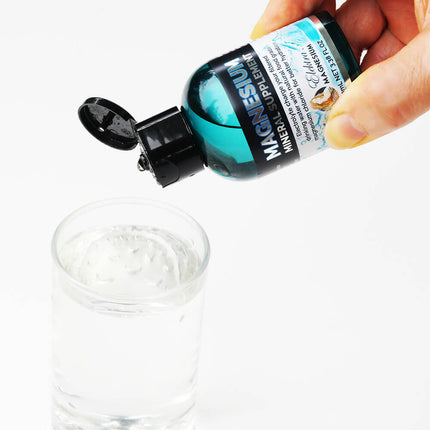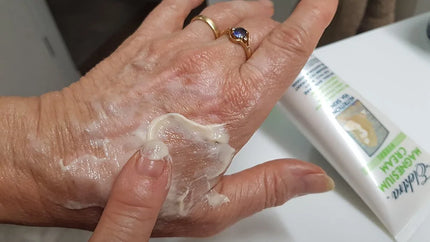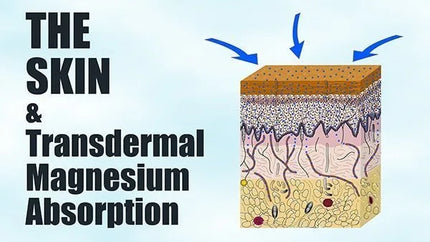Premature ageing is usually marked by excessive weight gain (especially adipose tissue around the middle), exaggerated dehydration, hypercalcemia, joint stiffening, acidosis and inflammation. In other words, getting overweight, dry and stiff with creaky and brittle bones before our time. Skin can also get very dry and saggy looking. As we need magnesium to synthesise collagen proteins and elastin fibres, which are the structures that hold us together as skin, bone, ligaments, sinew, smooth muscle walls in arteries etc, low magnesium means those structures lose their integrity. [6] Thus magnesium helps us to stay more hydrated, flexible and stretchy longer!










